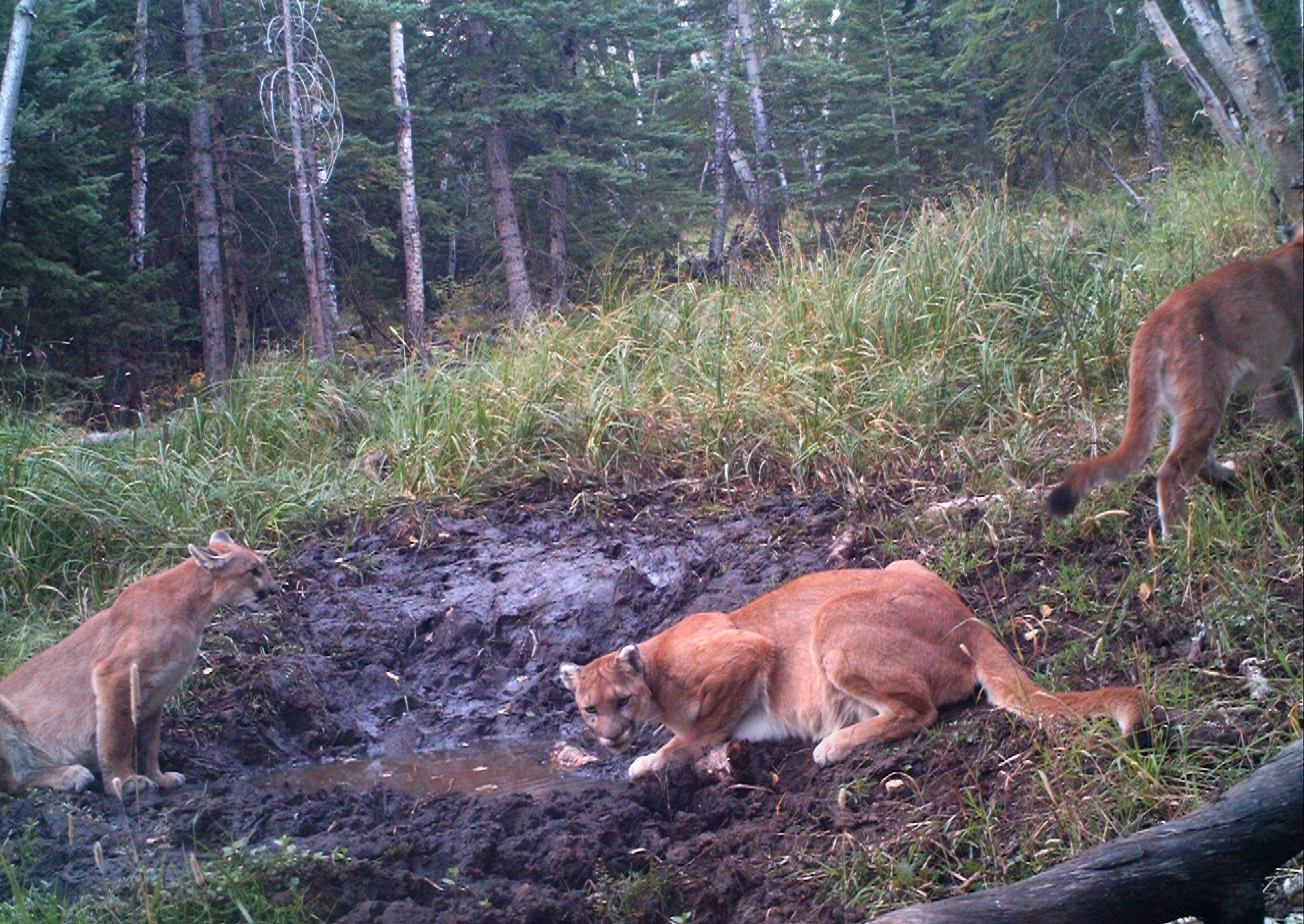Below is an 8/2/2024 post from the Gazette Editorial Board. The Rocky Mountain Elk Foundation agrees that complex wildlife management decisions need to be made by wildlife professionals and not uneducated citizens via ballot box biology.
A proposal to ban the hunting of mountain lions and bobcats in Colorado will face voters this fall. The Secretary of State’s Office affirmed this week that backers of Ballot Initiative 91 gathered enough valid signatures from Coloradans to land a spot on the statewide ballot.
The 188,000 signatures that had been turned in to the state by the advocacy group Cats Aren’t Trophies no doubt represent a cross section of our state’s overwhelmingly urban-suburban electorate — disproportionately clustered along I-25 in the metro areas of the Front Range. Given the low level of actual hunting experience among the general public, it’s likely most of those who signed the petition were way out of their depth on the subject. Only about 5% of Coloradans hunt, which is around the national average, according to federal data.
Most probably never have seen a mountain lion except on Animal Planet. They may have been under the impression mountain lions or bobcats are endangered or on the verge of extinction when they in fact are plentiful and thriving in our state. They may have assumed “trophy hunting” — a label ginned up by Initiative 91’s proponents to stigmatize mountain lion hunting — is something cruel and distinct from, say, deer hunting. There is in fact no distinction, and the use of “trophy” in that context is meaningless.
What’s more, a lot of those who signed the petition to place the initiative before voters may have been unaware that hunting mountain lions, like all other game species in our state, is already strictly regulated by Colorado Parks and Wildlife. That’s the state government agency that has rigorously and successfully managed the state’s abundant wildlife for generations.
Indeed, those voters may have been unaware hunting in general is a key component of sound wildlife management. It’s what helps keep wildlife populations stable and sustainable; hunting keeps nature in balance.
Of course, the well-intended voters who signed a petition for the initiative can’t be faulted for not knowing better. Blame belongs to the proposal’s slick campaign — which is leveraging sheer, uniformed sentiment to undermine the sound science of wildlife management. Fault them for manipulating the citizens initiative to subvert sensible and long-standing policy.
Dan Gates — who heads the group Coloradans for Responsible Wildlife Management and chairs the Colorado Wildlife Council — put it like this in a Gazette news report Thursday: “Under the current science-based management, our mountain lion and bobcat populations are thriving,” Gates said. “This measure continues to be driven by out-of-state extremists who are seeking to threaten the balance of Colorado’s fragile ecosystem. This ballot measure is dangerous, reckless, and based on absolutely zero scientific research.”
He added, “This measure has absolutely no place in Colorado.”
Initiative 91 is only the latest attempt at what critics rightly call “ballot-box biology.”
Proposition 114, which introduced wolves, barely passed statewide in 2020 and gained little traction in rural regions. But it won the edge among Front Range voters, many of whom knew as little about wolves as they do about mountain lions.
No such proposals to micromanage wildlife and second-guess the state’s experts belong on the ballot in the first place. The proper venue for proposing and fine-tuning wildlife policy is the wildlife division and its governing commission, where proposals can get the scientific review they warrant.
The state’s wildlife authorities are entrusted with seeing to the best interests of the wildlife we all treasure — and that approach has worked well.
(Photo credit: Rocky Mountain Elk Foundation)
